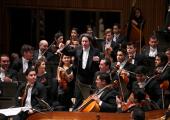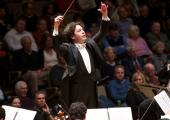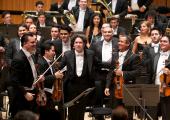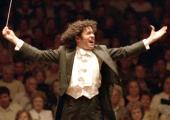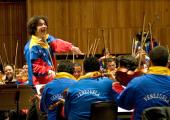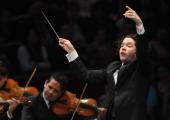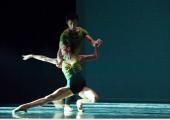Turangalîla, Wang, Millar, Simón Bolívar SO, Dudamel, RFH
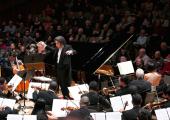
Messiaen’s 20th century classic was good, but only occasionally great
Before this concert I had never seen Gustavo Dudamel conduct, and after it I still haven’t. Because of the alignment of my seat and the piano lid, all I saw of the Venezuelan maestro was the occasional glimpse of baton or dark curly hair. So this review will not take account of any podium flamboyance there may or may not have been: my response is purely to the end result. And that end result was good, but short of great.

